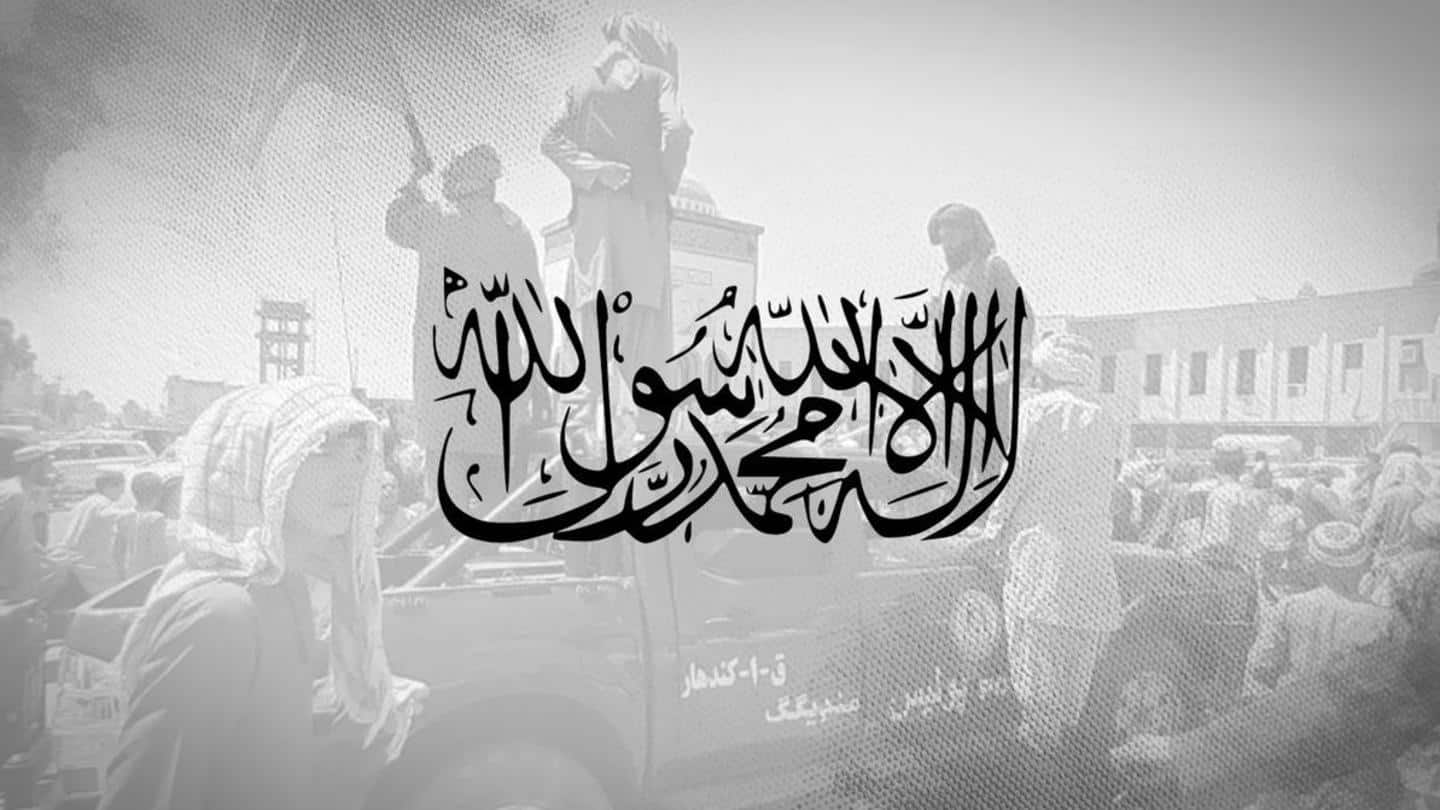Taliban says Panjshir resistance chief commander Saleh Mohammed killed
What's the story
Saleh Mohammed, the chief commander of the forces leading the anti-Taliban resistance from Panjshir, has been killed during clashes between the two groups.
Saleh is the second top resistance leader to get killed in the clashes after National Resistance Front spokesperson Fahim Dashti.
These developments come amid the Taliban's claim that it has "completely captured" the Panjshir valley.
Here are more details.
Details
Resistance forces called for 'immediate end to war'
Meanwhile, anti-Taliban resistance forces have also called for an "immediate end to the war."
Panjshir resistance chief Ahmad Massoud said, "The NRF in principle agrees to solve the current problems...and put an immediate end to the fighting and...continue negotiations."
He further expressed hope that the Taliban will respond to the requests of the clerics to come to an agreement to end the fight.
Recent news
Both sides claim upper hand in Panjshir
As fighting intensified in Panjshir, both the Taliban and the resistance claimed the upper hand in the valley.
While the Taliban claimed it captured all districts in Panjshir, the resistance leaders shunned the claims and said the Taliban suffered heavy casualties.
The Taliban also said that talks held between the two sides to find a peaceful solution failed to wield any result on Saturday.
Panjshir
Panjshir the epicenter of anti-Taliban resistance
Panjshir, which has a history of anti-Taliban resistance, is the only province that did not fall to the Taliban after the latter seized power in Afghanistan.
This time, Panjshir leader Amad Massoud and former Vice President Amrullah Saleh are leading the resistance from Panjshir.
Since the US left the country, the valley has become a battleground with heavy casualties on both sides.
Other developments
Taliban's government formation delayed due to disagreement between factions
Even after taking control of Afghanistan for over two weeks, the Taliban has not yet been able to form a government in the country.
Reportedly, the delay is due to disagreements between the factions led by deputy leader Mullah Abdul Ghani Baradar and the Haqqani brothers.
Notably, the Taliban had earlier held discussions with Afghan politicians to form an "inclusive government" in the country.
